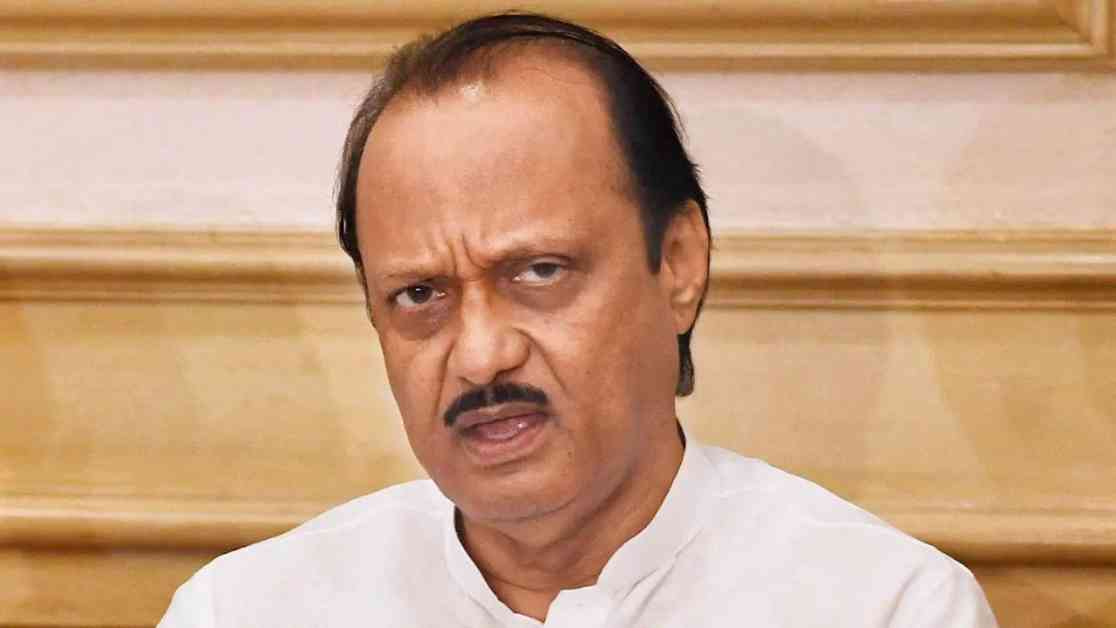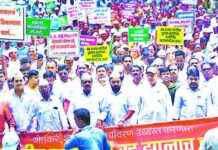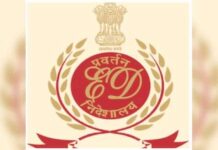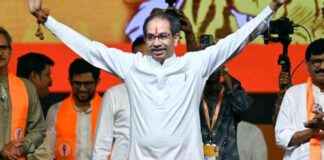Maharashtra Assembly Elections: Positive Progress in Mahayuti Seat-Sharing Talks, Ajit Pawar Reports
Maharashtra Deputy Chief Minister Ajit Pawar, who leads the Nationalist Congress Party (NCP), has expressed that steering the NCP away from the influence of his uncle and founder Sharad Pawar following the split is a significant responsibility. In an interview with PTI during his Jan Sanman Yatra, Pawar mentioned that the ongoing seat-sharing discussions among the Mahayuti coalition partners – NCP, Shiv Sena, and BJP – for the Maharashtra assembly elections are advancing positively.
Ajit Pawar and his loyalist MLAs departed from the NCP in July last year to join the ruling alliance, subsequently acquiring the party name and its clock symbol. Party founder Sharad Pawar, currently leading NCP (SP), is part of the opposition bloc Maha Vikas Aghadi (MVA), alongside Shiv Sena (UBT) and Congress. Pawar acknowledged the weight of his new role, stating, “This is the biggest responsibility that I have ever received. Till now, (Sharad) Pawar saheb was our leader and our chief.” He reflected on the evolution of his political journey within NCP, emphasizing the increased accountability that comes with leading the party.
Regarding the seat-sharing negotiations for the upcoming Maharashtra assembly elections, Pawar revealed that discussions with Chief Minister Eknath Shinde of Shiv Sena and Deputy CM Devendra Fadnavis from BJP have been constructive. Pawar emphasized the desire of all parties to contest from maximum seats and expressed optimism in finding a resolution through dialogue with alliance partners. He highlighted the importance of engaging with all stakeholders to reach a consensus on seat allocation.
When questioned about the potential timing of the Maharashtra assembly elections, Pawar acknowledged speculations but deferred to the Election Commission for an official schedule. He advocated for an all-party meeting to address the demands of the Maratha community for reservation in education and government jobs, stressing the significance of inclusive dialogue with opposition parties.
Pawar also lauded the Mukhyamnatri Ladki Bahin Yojana, a scheme providing financial assistance to women from economically disadvantaged backgrounds. The scheme, set to launch on August 17, aims to support women with a monthly aid of Rs 1,500 if their annual family income falls below Rs 2.5 lakh. Pawar reiterated the transparent nature of the scheme, highlighting the direct transfer of funds to beneficiaries’ Aadhaar-linked accounts to prevent misuse.
In response to criticism labeling the scheme as an electoral tactic, Pawar defended the initiative and underscored his financial acumen gained from overseeing multiple budgets. He elucidated on the financial resources available to Maharashtra, including revenue from GST collections and other taxes, emphasizing the state’s economic contributions to the national treasury.
Reflecting on his Jan Sanman Yatra, Pawar expressed satisfaction with the positive reception from diverse demographics, particularly women, farmers, and youth. He emphasized the broad-based appeal of government schemes aimed at uplifting marginalized communities and fostering inclusive development.
Addressing personal and political inquiries, Pawar maintained a focus on his vision for Maharashtra and refrained from engaging in discussions about family matters or potential reconciliations. He underscored the importance of prioritizing state interests and collaborative governance, irrespective of individual differences within the political landscape.
As discussions on seat-sharing progress and electoral preparations intensify, Ajit Pawar’s leadership within the NCP remains pivotal in navigating the complexities of coalition politics and steering the party towards a cohesive electoral strategy. With multiple stakeholders involved in the negotiation process, the outcome of the seat-sharing talks will shape the electoral landscape leading up to the Maharashtra assembly elections.




















